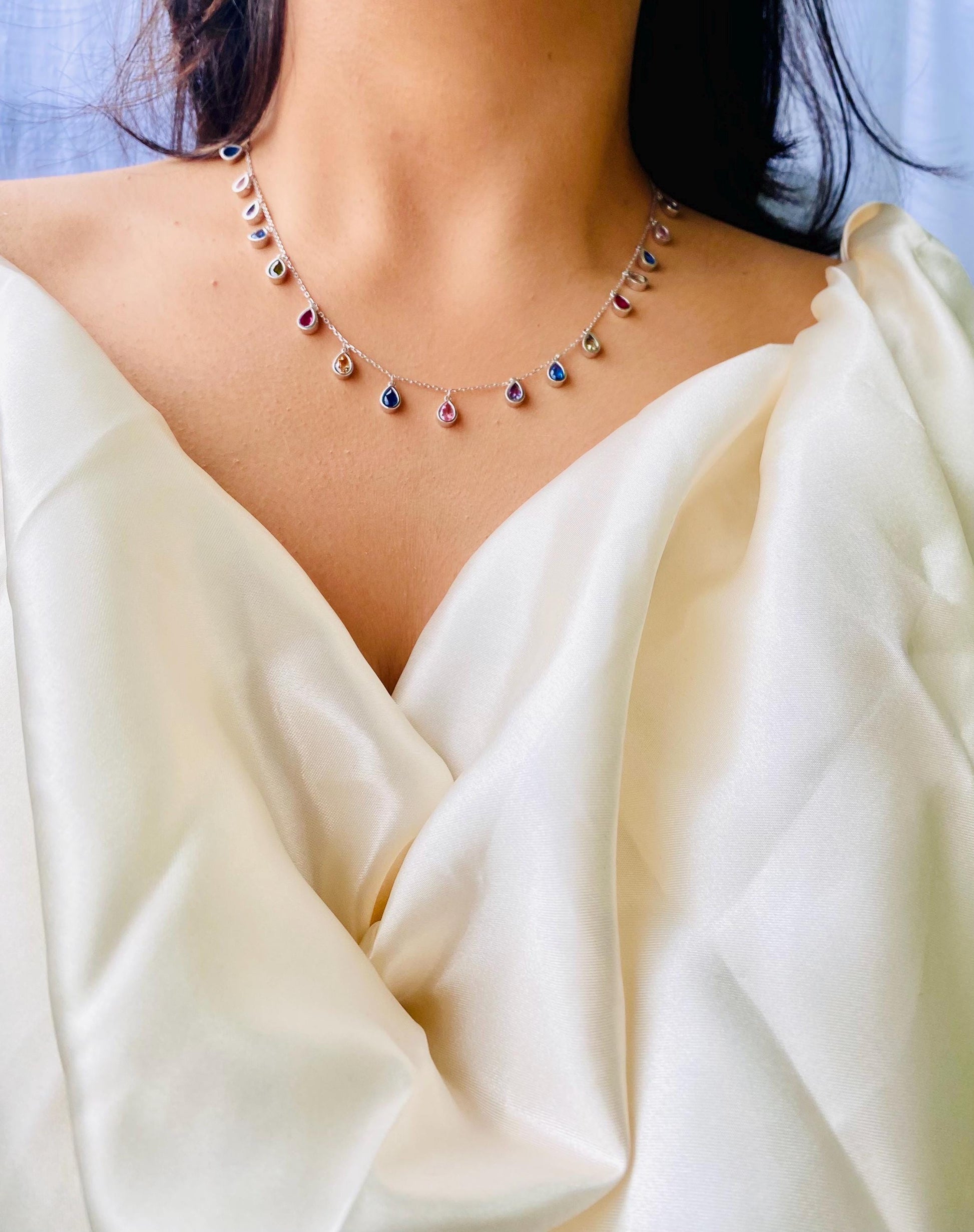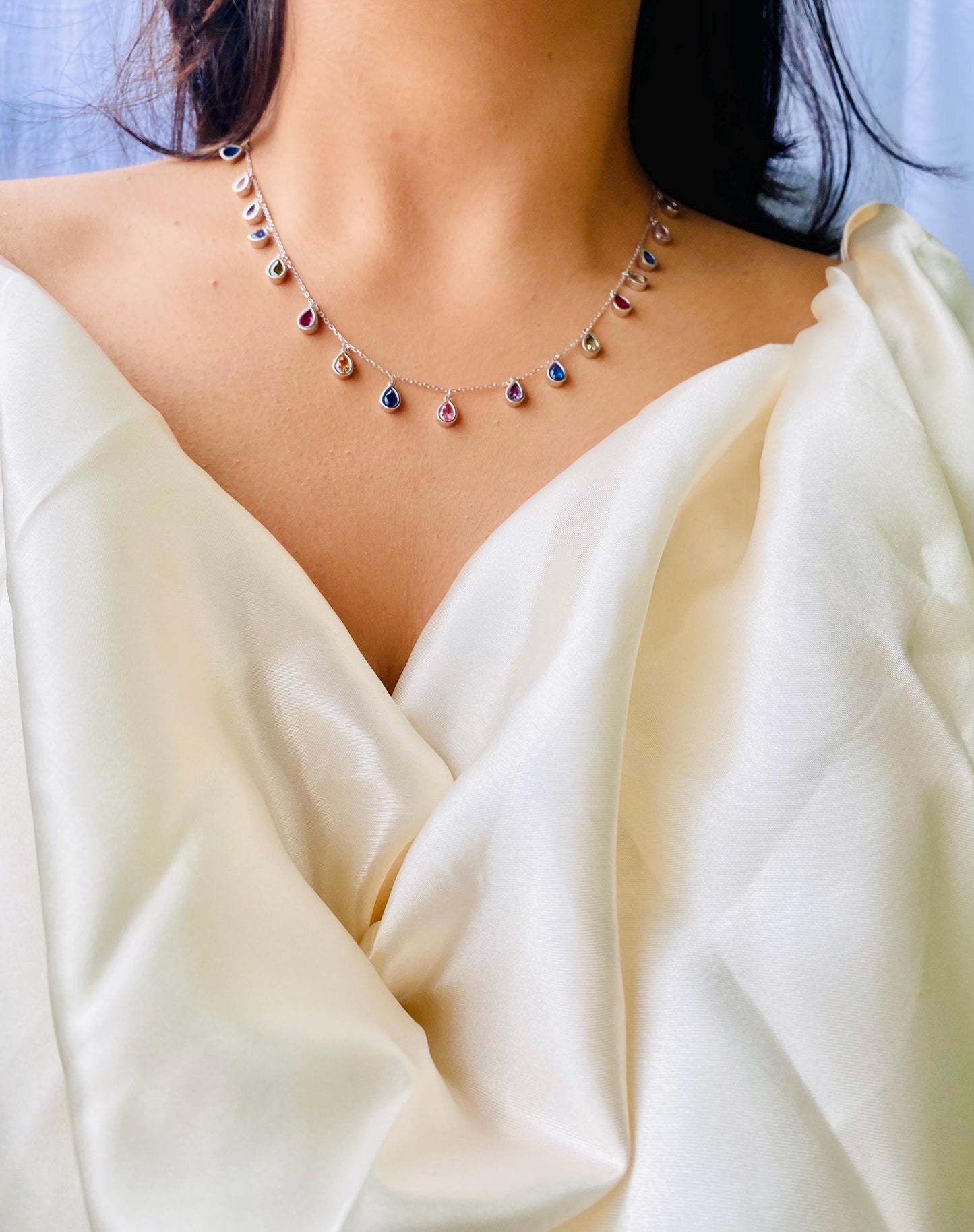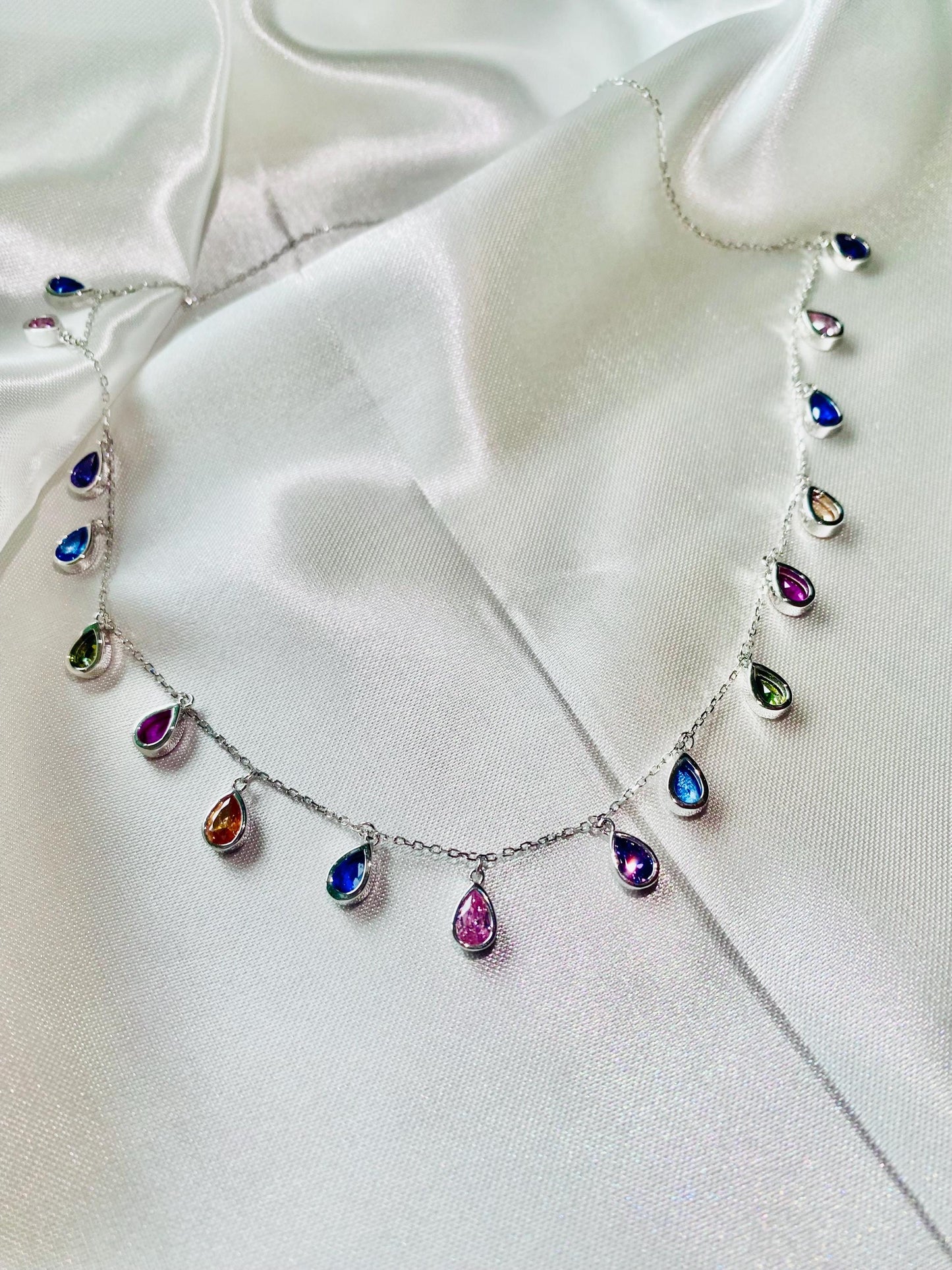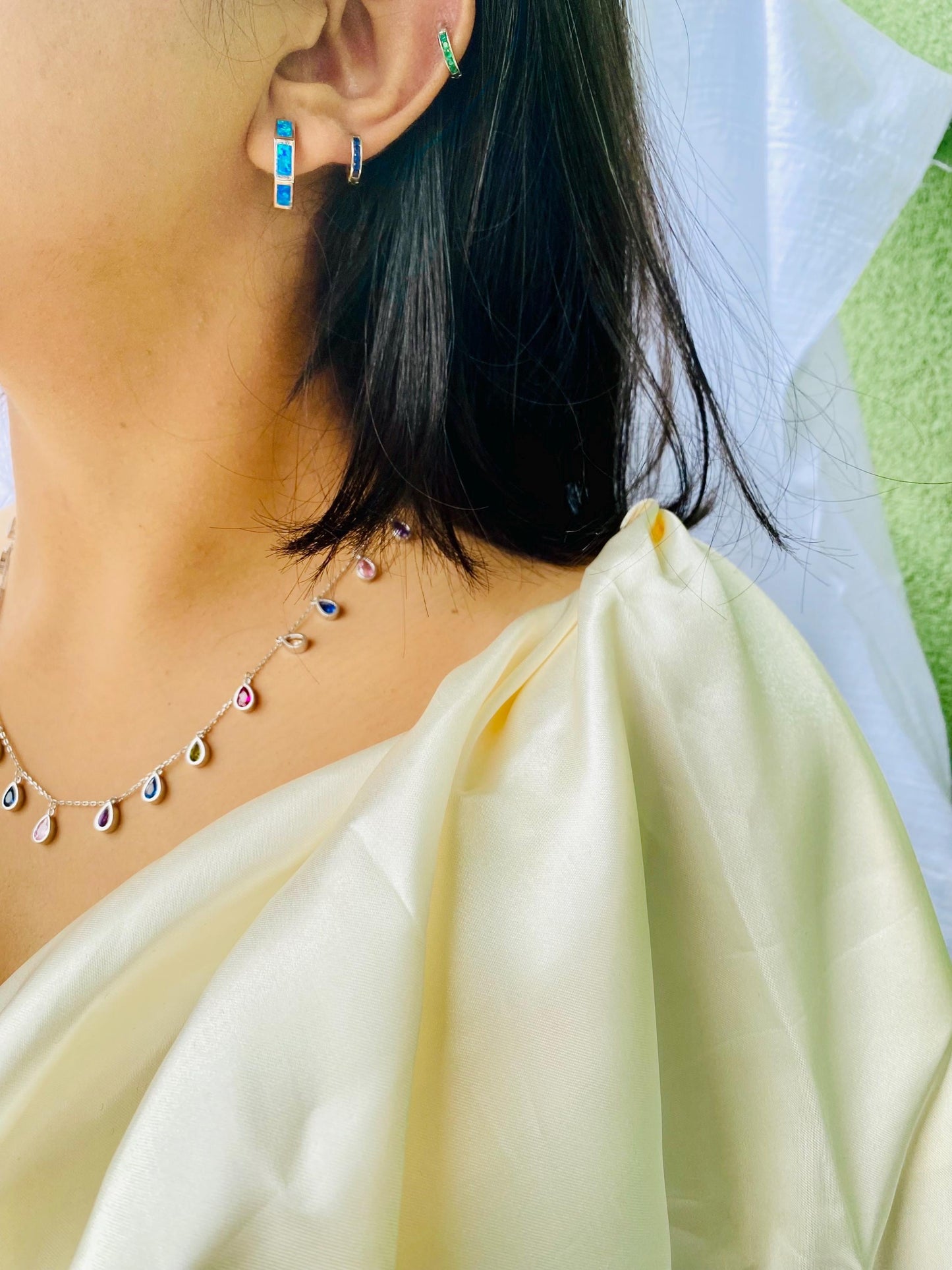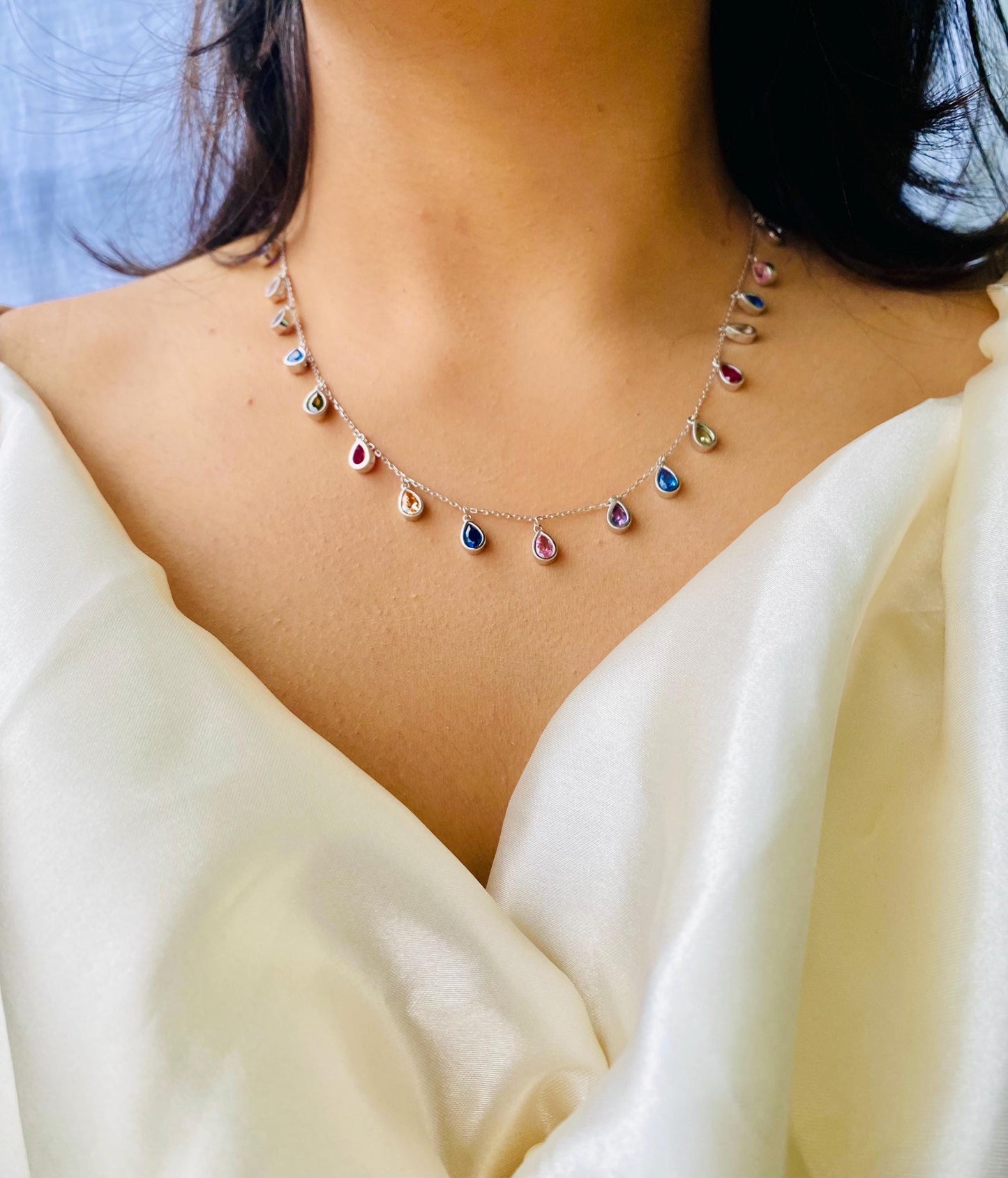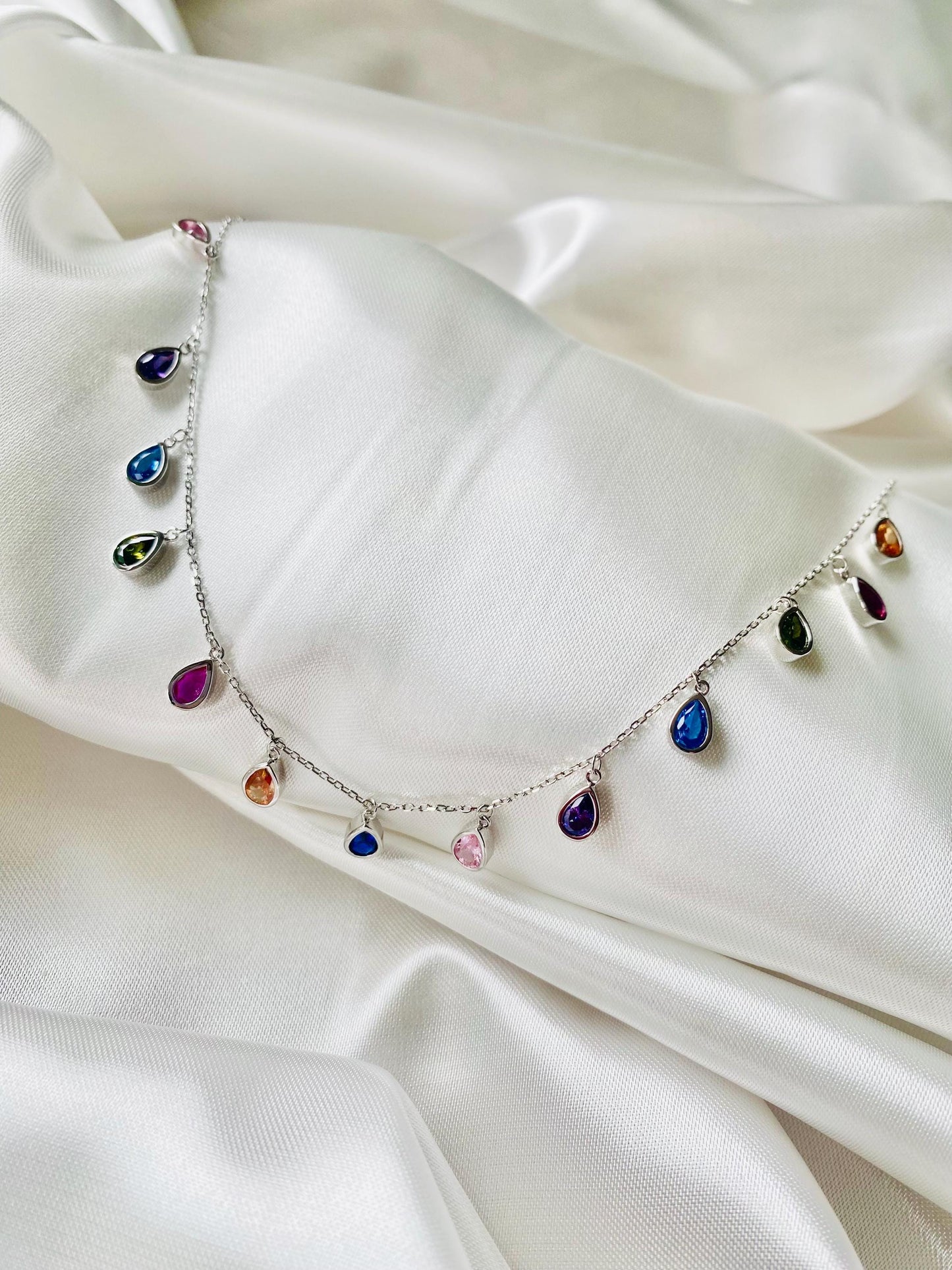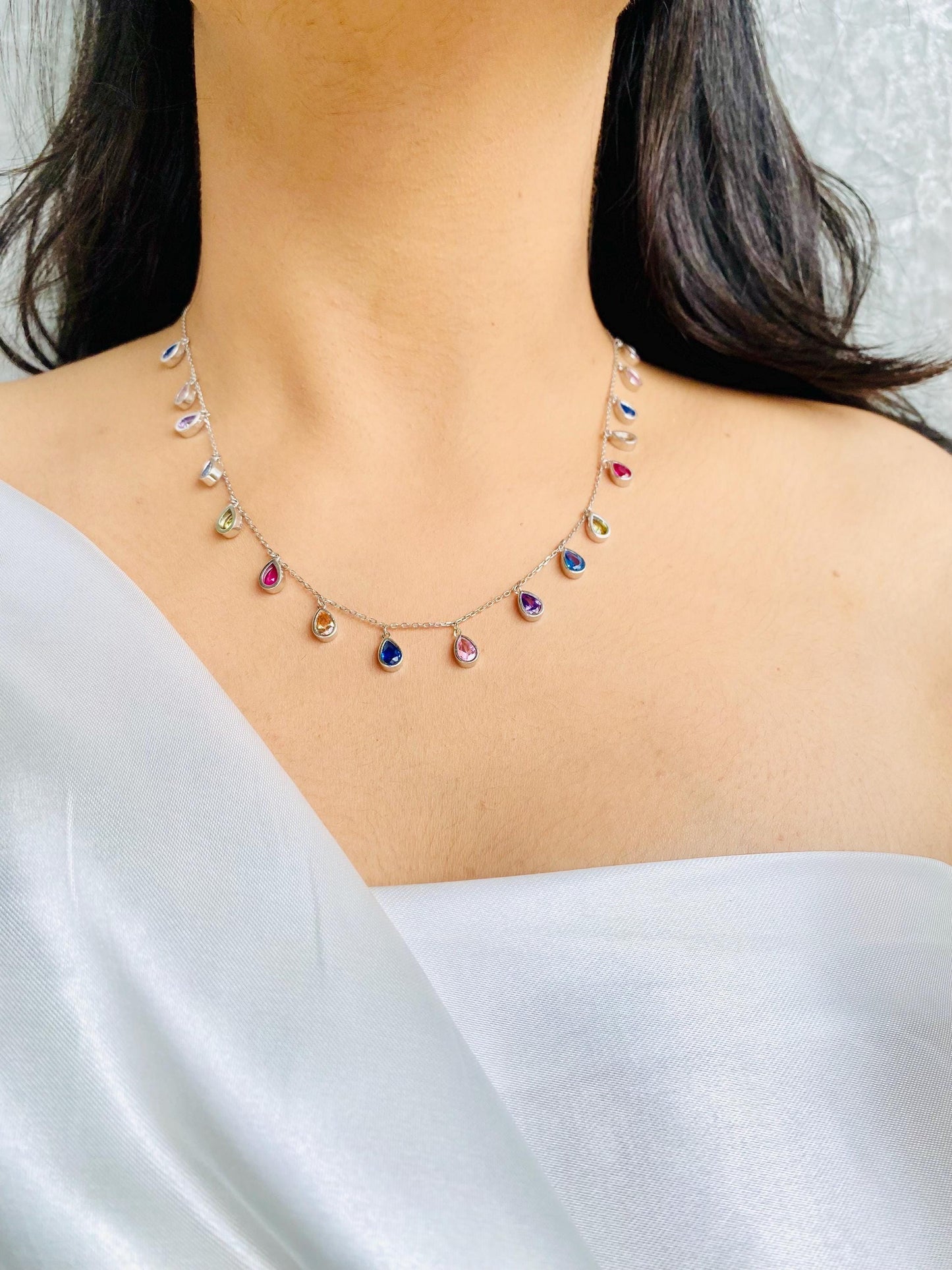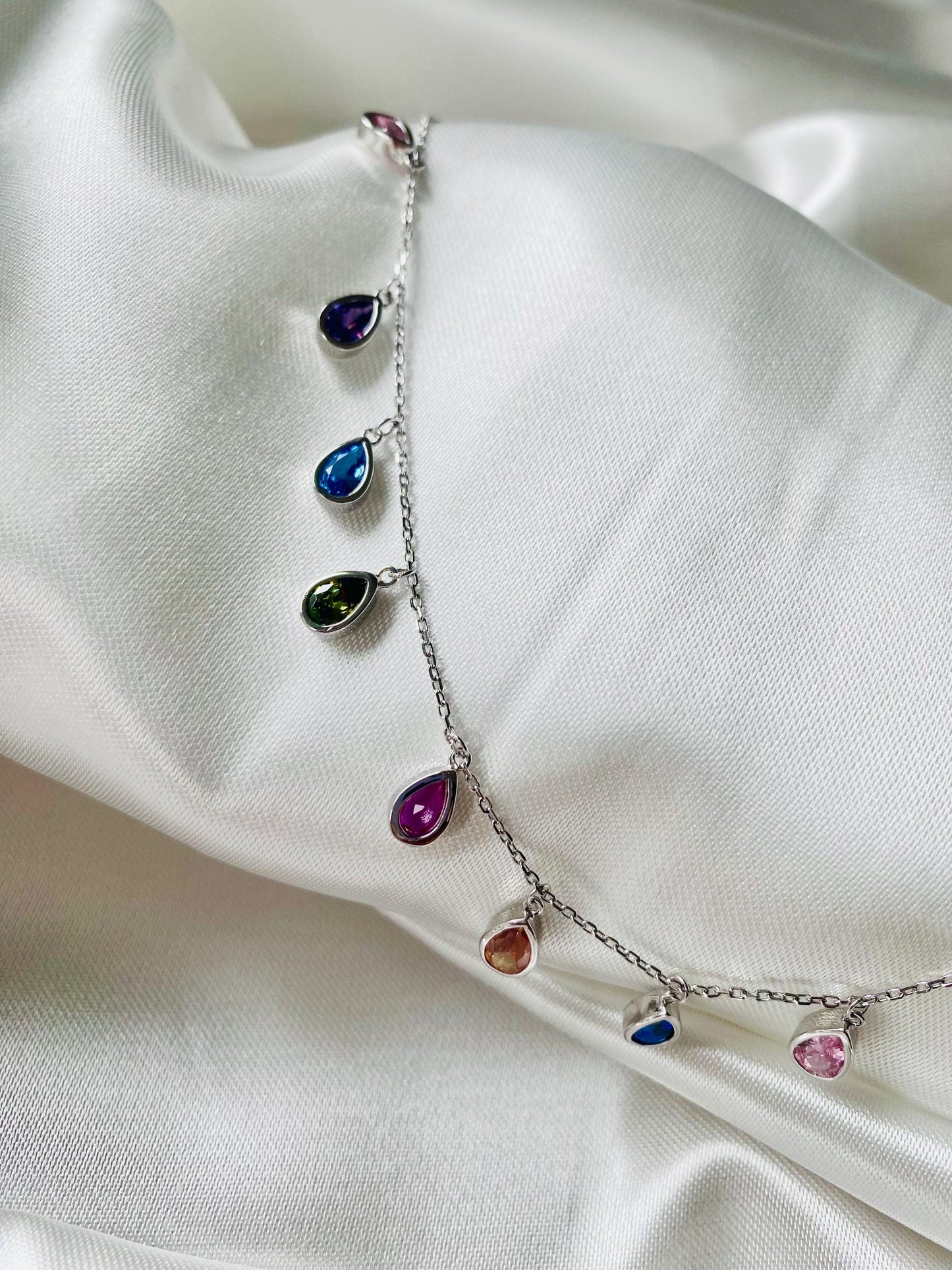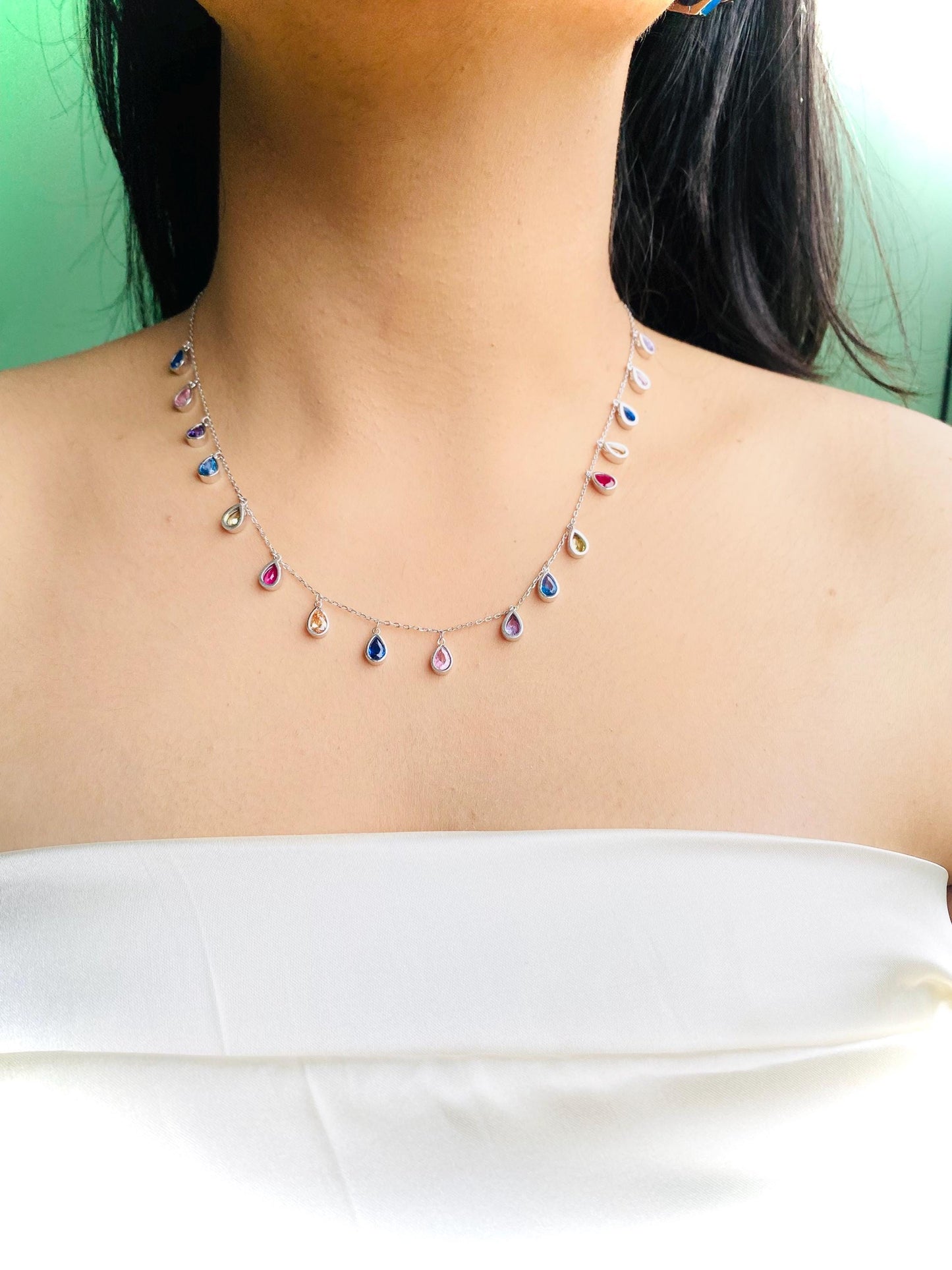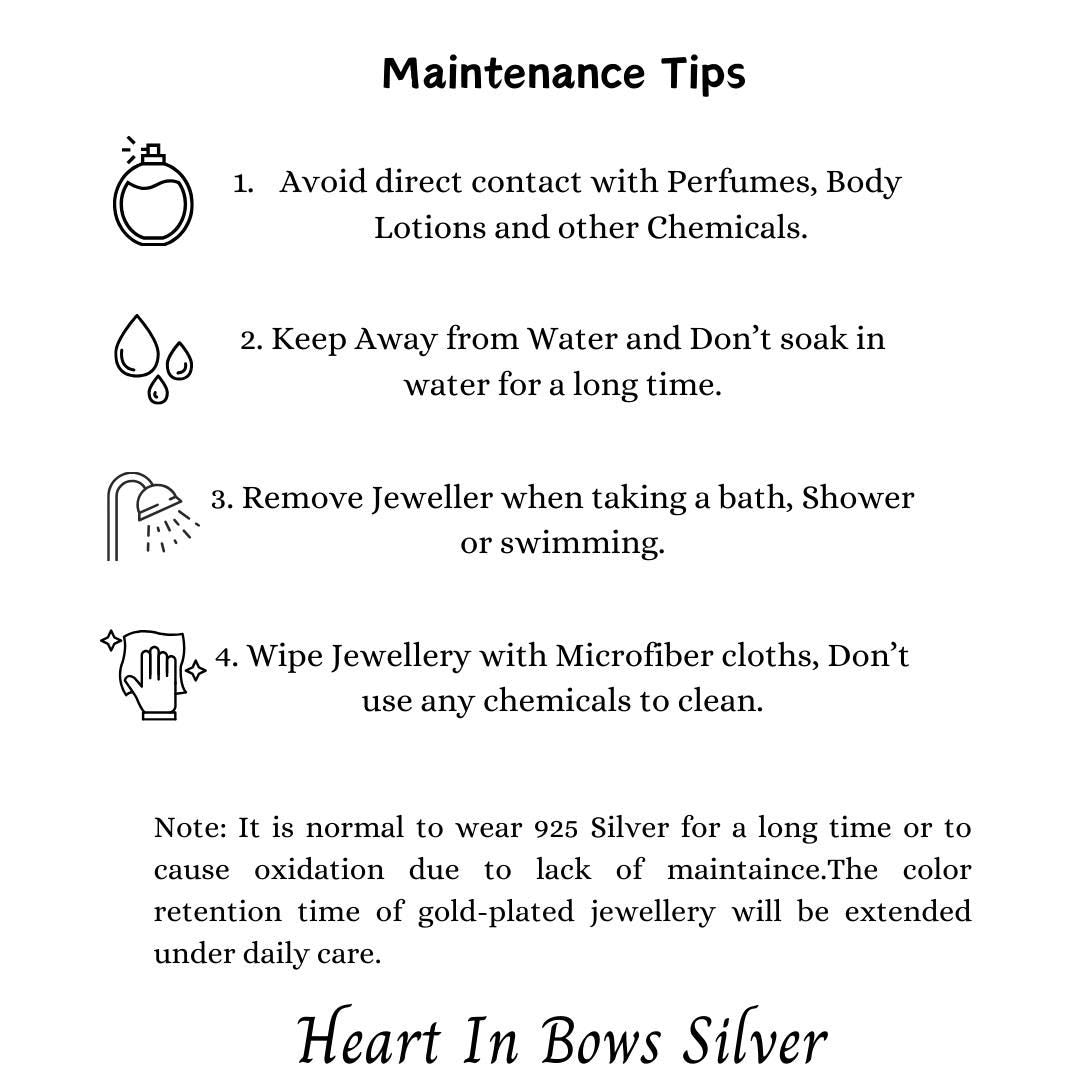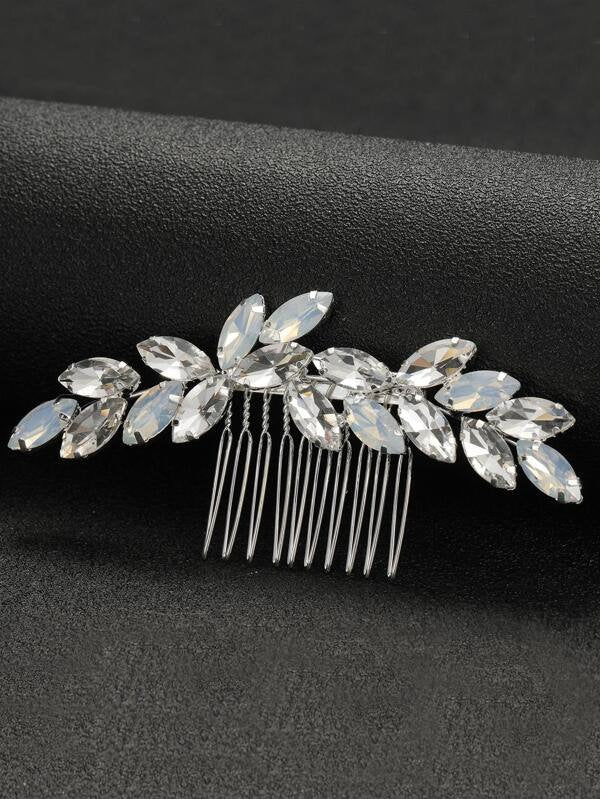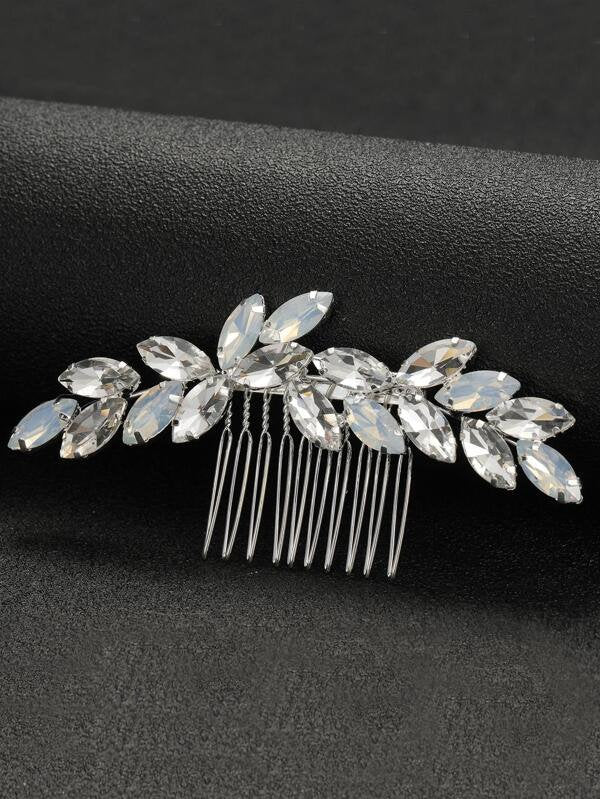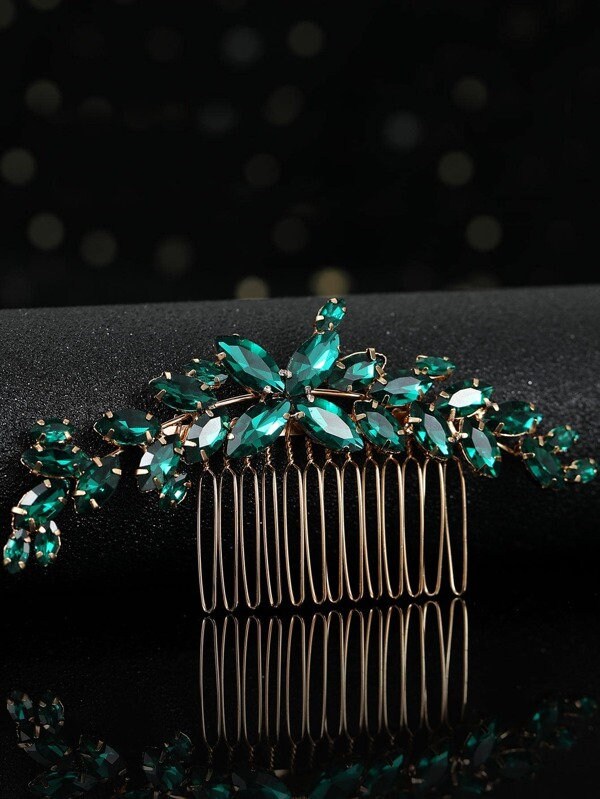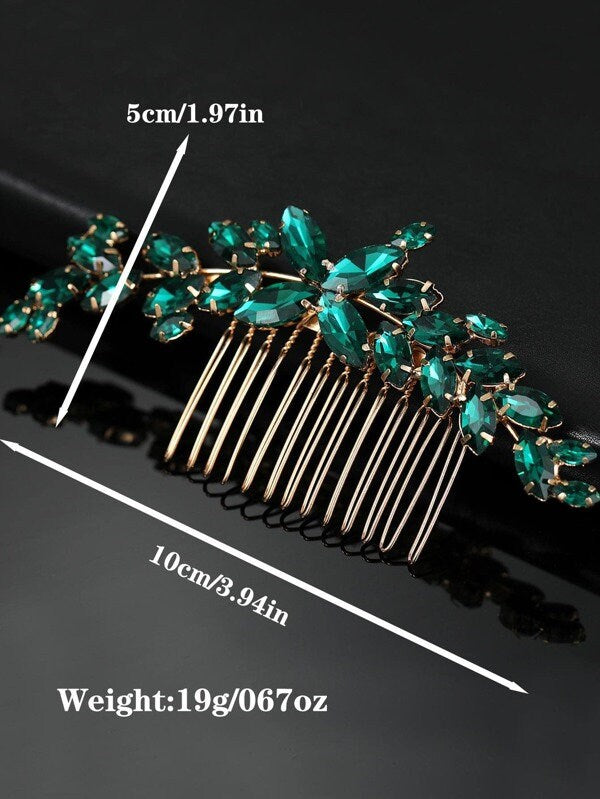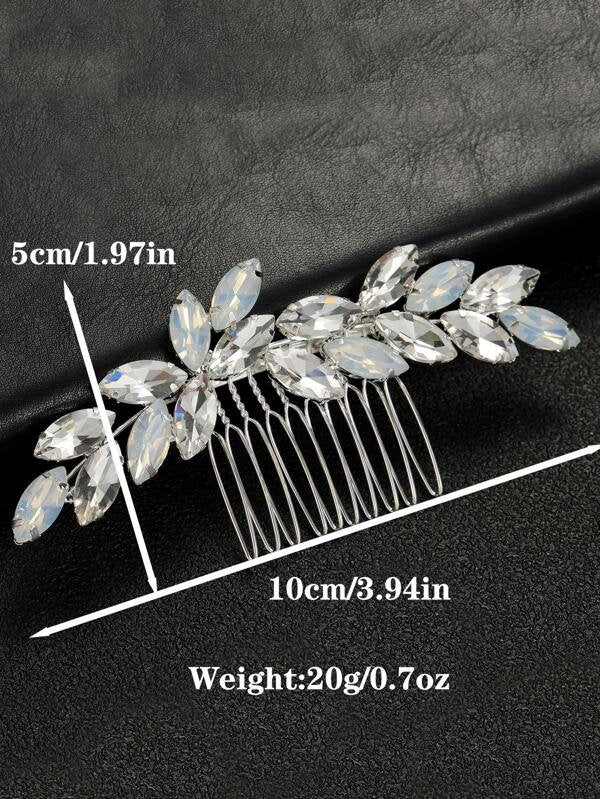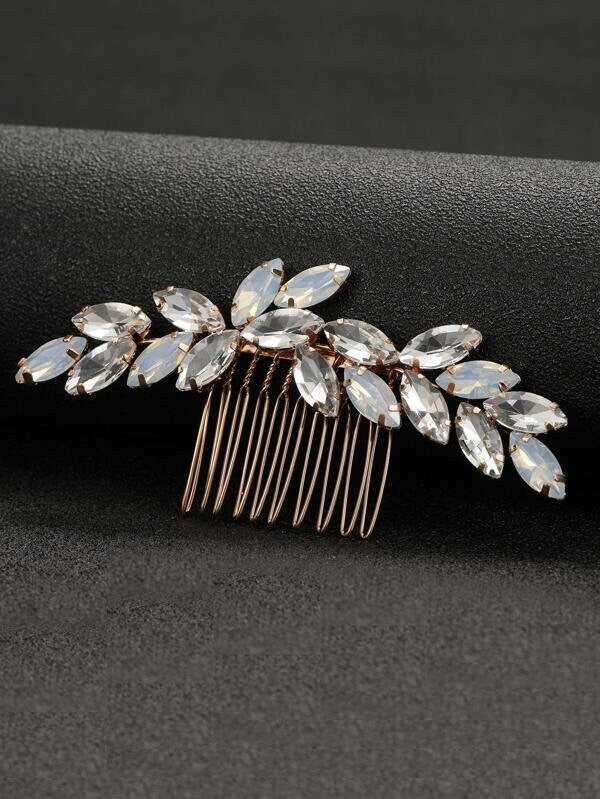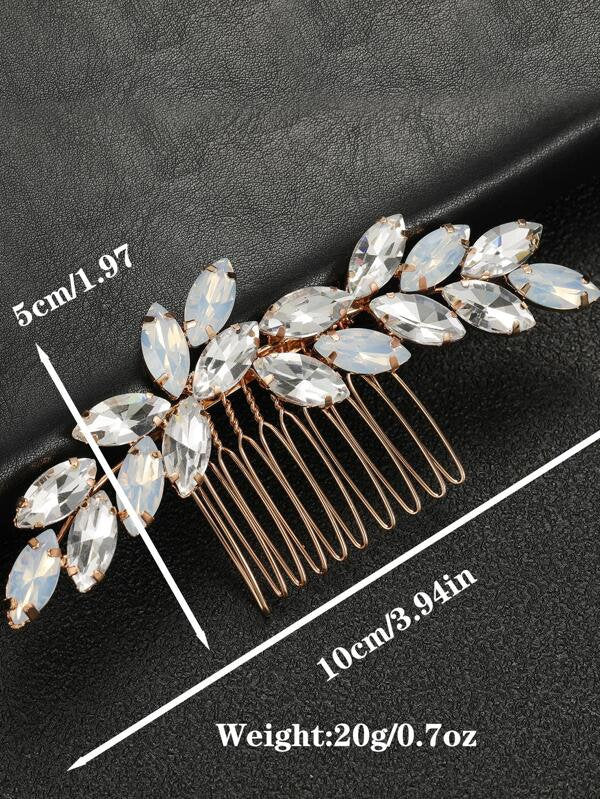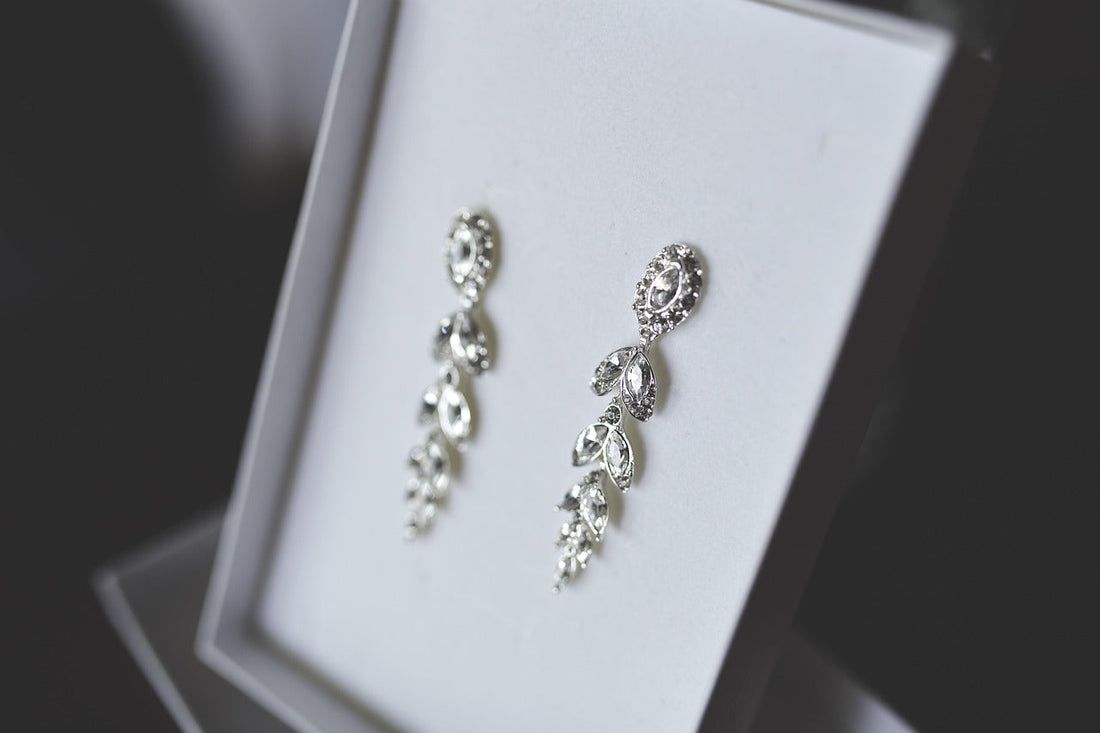
How to know if 925 silver is real or fake?
Share
Is Your 925 Silver Real? 7 Easy Ways to Spot Fakes
Why Fake 925 Silver is Everywhere
Sterling silver (925) jewelry is loved for its shine and affordability, but counterfeit pieces flood the market. Fake silver often contains nickel, zinc, or aluminum coated with a thin silver layer. Let’s uncover how to separate genuine 925 silver from imposters using simple household tests.
7 Tests to Check if 925 Silver is Real
1. Look for the Stamp
Genuine 925 silver is always stamped with:
- "925"
- "Sterling"
- "SS" (less common)
🔍 Check clasps, inner bands, or hidden spots. No stamp? Likely fake.
2. The Magnet Test
Silver is non-magnetic. Hold a magnet close:
- Real 925: No attraction.
- Fake: Sticks to the magnet (contains iron/nickel).
3. The Smell Test
Rub the item firmly with a cloth:
- Real 925: No odor.
- Fake: Smells metallic or like sulfur.
4. The Ice Test
Silver conducts heat faster than most metals. Place an ice cube on the item:
- Real 925: Ice melts quickly.
- Fake: Ice melts slowly.
5. The Bleach Test
Apply a drop of bleach to a hidden area:
- Real 925: Tarnishes slightly within 2-3 minutes.
- Fake: No reaction or turns black immediately.
⚠️ Rinse immediately after testing to avoid damage.
6. The Weight Test
Silver is denser than most fake metals. Compare the item’s weight to a similar-sized plastic or aluminum object:
- Real 925: Feels heavy for its size.
- Fake: Lightweight.
7. Professional Authentication
For expensive items, visit a jeweler for:
- Acid Test: Nitric acid reacts with non-silver metals.
- XRF Analysis: High-tech scanning for exact metal composition.
Red Flags of Fake 925 Silver
- Greenish skin discoloration after wearing
- Flaking or peeling "silver" coating
- Unusually low price (e.g., $5 for a necklace)
FAQs About 925 Silver
Can fake silver still have a "925" stamp?
Yes! Scammers often stamp plated items. Combine multiple tests for accuracy.
Does real silver rust?
No. Silver tarnishes (turns black), but rust is a sign of iron-based fakes.

